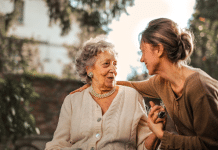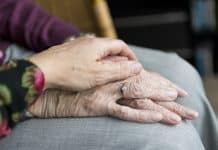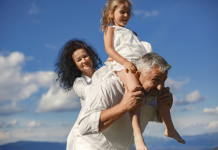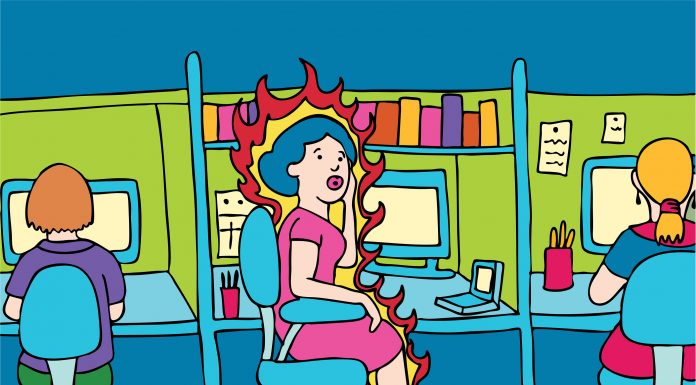Pneumonia is a serious infection at any age but after 65 it is also a major cause of death. Many seniors don’t know the symptoms of pneumonia or that there are ways to prevent it. Originating from bacteria, viruses or other causes, it is very common in seniors.
What are the symptoms of pneumonia?
- Fever, chills and cough
- Green or yellow sputum that comes up during coughing
- Weakness and confusion; feeling lethargic
- Delirium or dizziness
- Vague symptoms which may not be noticed because of other pre-existing diseases or conditions
- Shortness of breath and chest pain
- The sudden worsening of a cold or flu
How can pneumonia be prevented?
- Regular hand washing
- Practise good dental hygiene to avoid oral or dental infections which can lead to pneumonia
- Avoid others who may have colds, flu and respiratory infections or diseases such as measles or chickenpox
- Get immunized. Not only for pneumonia but for flu.
- Keep yourself in a state of good general health. This includes nutritious food, plenty of rest and physical exercise. Don’t allow yourself to get underweight or overweight.
Why is it more common in seniors?
- Weaker immune systems which make it more difficult to fight off infections; may be due to an organ or bone marrow transplant, long term steroid use or chemotherapy
- Frailty, which makes it difficult to clear secretions from your lungs
- Health conditions such as diabetes, Parkinson’s disease, COPD, cystic fibrosis or asthma
If pneumonia is suspected, your doctor will order chest x-rays and a blood test. If the infection is from a virus, they may prescribe an anti-viral medication. If it is bacterial, pneumonia is usually treated with antibiotics. Drink lots of fluids and get lots of rest. If severe, you will be treated in the hospital and given oxygen. Pneumonia, like many infections, is preventable by taking extremely good care of yourself. As you age, spend more time on eating properly, exercising daily and getting enough rest.
This article is intended for informational purposes. If you are experiencing symptoms, please consult your health practitioner.





























